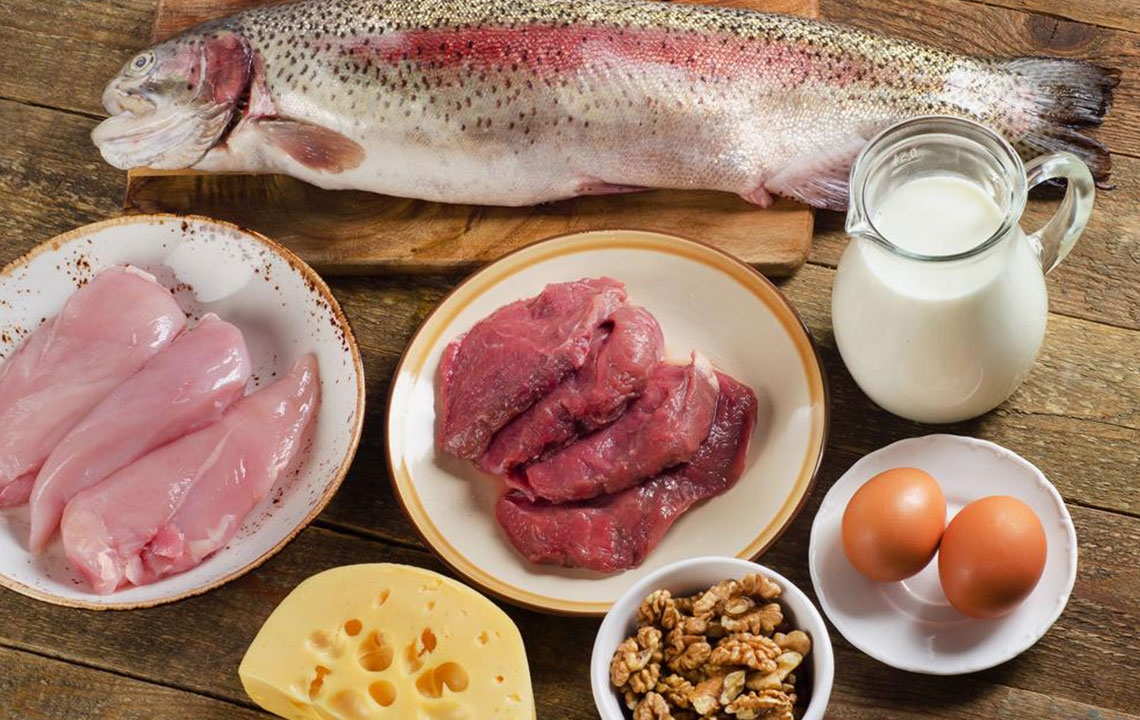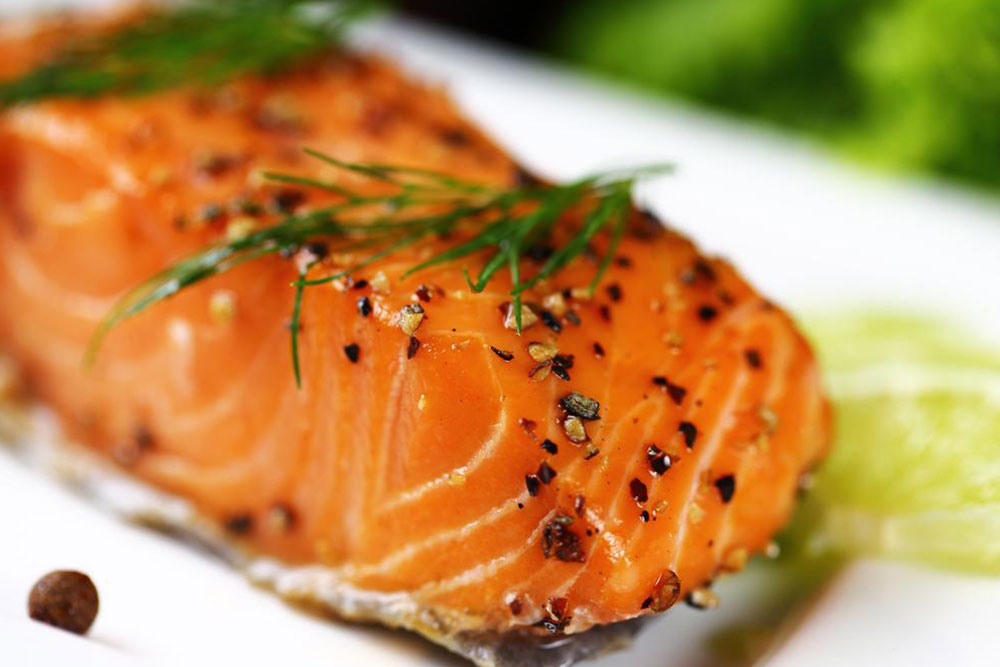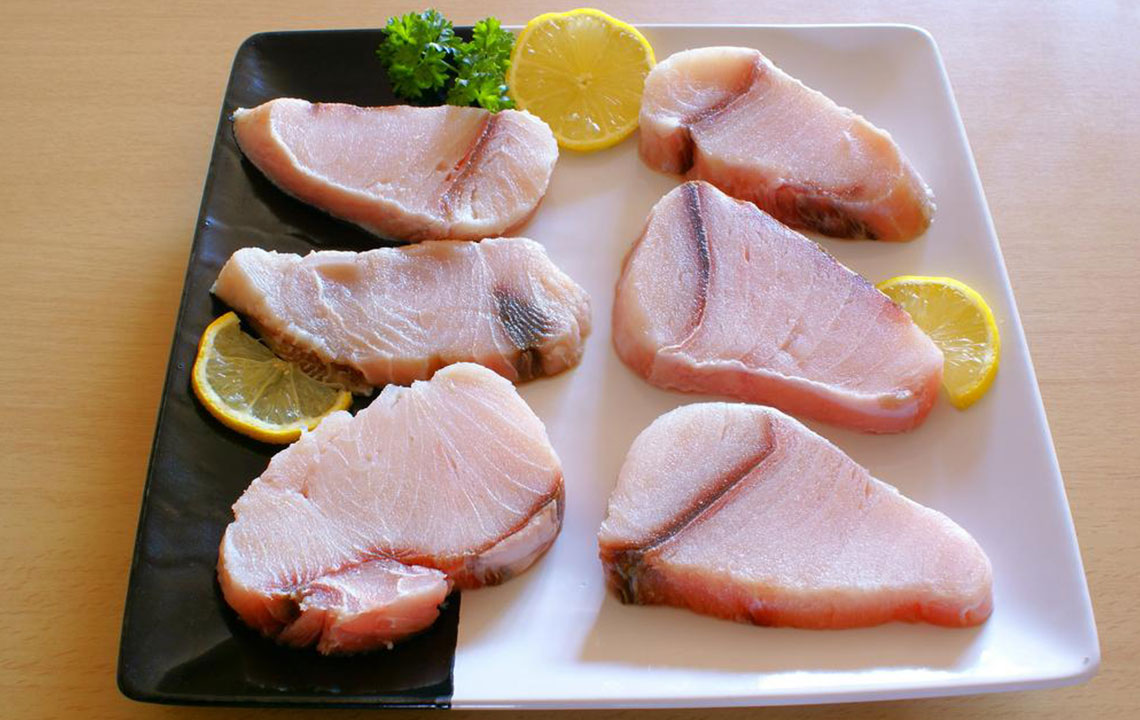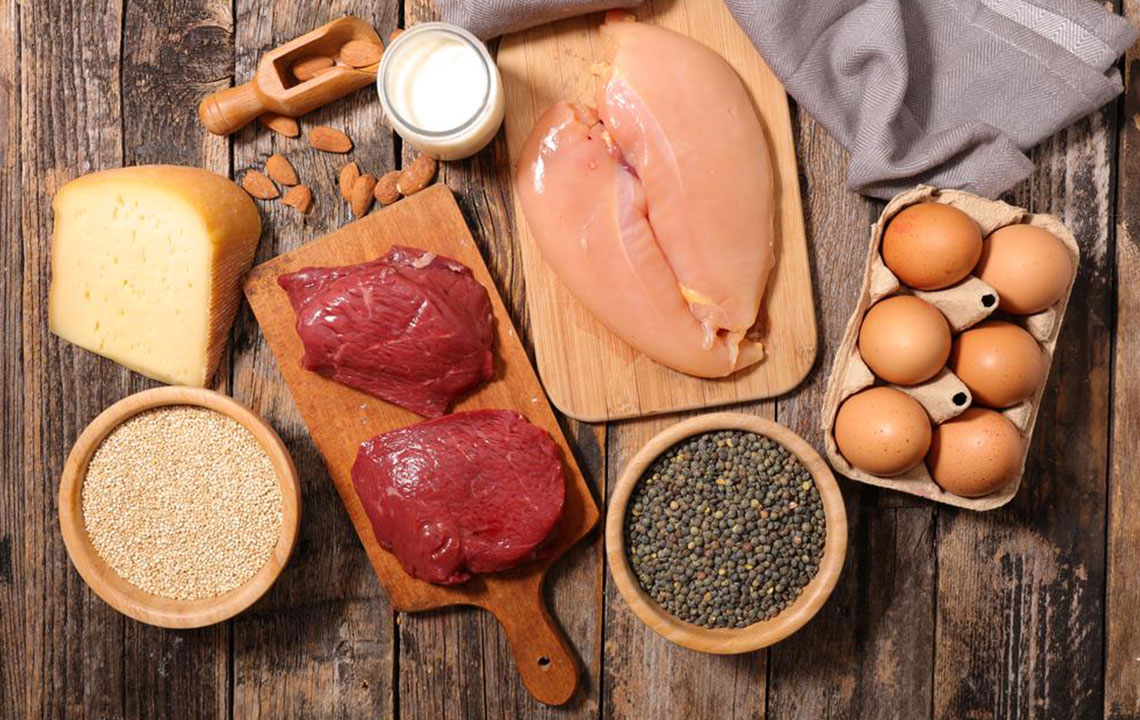Comprehensive Guide to High-Protein Foods for Optimal Nutrition and Health
Discover a comprehensive list of high-protein foods that support muscle growth and overall health. From plant-based options like quinoa and lentils to animal-based sources such as eggs and chicken, learn how to incorporate these nutrient-dense foods into your diet for maximum benefits. Enhance your nutrition plan today with versatile and delicious high-protein foods suited for all dietary preferences.

Comprehensive Guide to High-Protein Foods for Optimal Nutrition and Health
In today's health-conscious society, maintaining a balanced diet that emphasizes adequate protein intake has become a top priority for many individuals seeking to improve their overall well-being. Proteins are essential macronutrients that play a pivotal role in supporting muscle growth, tissue repair, hormone synthesis, and immune function. As awareness about nutritional science grows, more people are exploring diverse sources of high-quality proteins, both plant-based and animal-derived, to maximize health benefits while catering to dietary preferences and restrictions.
Adopting a high-protein diet doesn’t necessarily mean relying solely on supplements like whey powders or protein shakes. Natural, nutrient-dense foods rich in protein can easily be incorporated into everyday meals, providing vital amino acids along with a host of other beneficial nutrients like fibers, vitamins, minerals, and antioxidants. Whether you are a vegan, vegetarian, or omnivore, it is important to understand the variety of protein sources available and how they can support your health and fitness goals.
Essential Vegan and Vegetarian High-Protein Foods
Almonds: One of the most nutritious tree nuts, almonds are an excellent source of plant-based protein. A standard serving of 28 grams provides approximately 6 grams of protein, along with healthy fats, vitamin E, and fiber. They make a perfect snack or addition to salads and oatmeal.
Oats: A versatile whole grain that is rich in dietary fiber and essential minerals such as magnesium, iron, and zinc. Oats contain about 17 grams of protein per 100 grams, making them ideal for a nourishing breakfast or as an ingredient in energy bars.
Broccoli: Often regarded as a superfood, broccoli offers a significant amount of protein relative to its calories—about 2.8 grams per 100 grams. This vegetable is also packed with antioxidants, vitamins C and K, and fiber, supporting overall health and immunity.
Quinoa: A complete plant-based protein that provides all nine essential amino acids. Quinoa is rich in antioxidants, fiber, magnesium, and iron, delivering roughly 4.4 grams of protein per 100 grams cooked. Its versatility allows for use in salads, bowls, and side dishes.
Lentils: A staple in vegan and vegetarian diets, lentils are highly nutritious, offering about 9 grams of protein per 100 grams. They are also excellent sources of dietary fiber, folate, iron, and other essential nutrients.
Pumpkin Seeds: Nutrient-dense seeds packed with zinc, magnesium, manganese, and potassium. Pumpkin seeds provide around 19 grams of protein per 100 grams, making them an excellent addition to snacks, salads, or yogurt.
Brussels Sprouts: These miniature cabbages contain approximately 3.4 grams of protein per 100 grams and are loaded with vitamins, minerals, and antioxidants that support cellular health.
Peanuts: Despite being technically legumes, peanuts are rich in plant-based protein, with about 26 grams per 100 grams. They are also an energy-dense option, but should be consumed in moderation due to their high-calorie content.
Tofu: A versatile soy-based protein that serves as a staple in vegetarian and vegan cooking. Tofu provides about 8 grams of protein per 100 grams and can be used in stir-fries, salads, and even desserts.
Top Vegetarian High-Protein Foods to Incorporate
Cottage Cheese: Also known as paneer or quark, cottage cheese is a low-fat, high-protein dairy product with approximately 11 grams of protein per 100 grams. It is low in calories and rich in calcium, making it ideal for muscle maintenance and bone health.
Greek Yogurt: An excellent dairy source packed with protein, probiotics, and essential nutrients. Non-fat Greek yogurt provides roughly 10 grams of protein per 100 grams, perfect for post-workout recovery and digestive health.
Milk: A complete nutrition beverage containing about 3.5 grams of protein per 100 grams. Milk supplies essential amino acids, calcium, and vitamins D and B12, supporting overall health and development.
High-Protein Animal-Based Foods for Optimal Nutrition
Eggs: An affordable, nutrient-rich complete protein source, eggs contain approximately 6 grams of protein each, with the whites being especially rich in high-quality protein. They also provide healthy fats, vitamins, and minerals.
Chicken: A lean meat that is rich in protein, with about 31 grams per 100 grams of chicken breast. It is an ideal choice for muscle building, weight management, and overall nutrition.
Tuna: A nutrient-dense fish packed with protein and omega-3 fatty acids, offering around 30 grams of protein per 100 grams. Tuna supports cardiovascular health and cognitive function.
Shrimp: Low in calories but high in protein, shrimp provides approximately 24 grams per 100 grams, along with essential nutrients like B12, selenium, and iodine.
Integrating these diverse high-protein foods into your daily diet can promote better health, enhance muscle development, aid in weight management, and improve overall vitality. Tailoring your intake based on your dietary preferences and nutritional needs ensures a sustainable and enjoyable approach to achieving optimal wellness.





